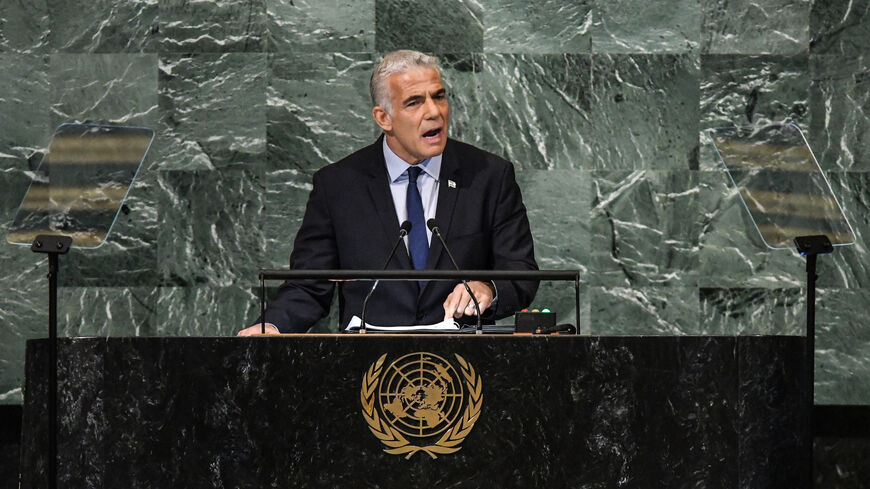As tensions escalate in the West Bank, the Israeli press reported Sept. 28 that Defense Minister Benny Gantz intends to approve the construction of new settlement housing units. The reports came following a conversation between the minister and settlers who demonstrated outside his house. Gantz reportedly said he intends to approve plans before the Nov. 1 elections.
On Sept. 29, seven-year-old Rian Suleiman died during an IDF operation near Nablus. His family claims that he died of a heart attack while running away from the troops. The United States urged Israel to open a probe. State Department spokesperson Vedant Patel said, “We are heartbroken by the death of an innocent child. We support an immediate and thorough investigation.”
The Biden administration has made several statements expressing growing concern over the deteriorating security situation in the West Bank.
State Department spokesperson Ned Price said Sept. 28 that Israel and the Palestinians must put a stop to the escalation in violence. He noted that over 100 Palestinians were killed in the West Bank and another 30 in Gaza over the last year, along with 20 Israelis. “The United States and other international partners stand ready to help but we cannot substitute for vital actions by the parties to mitigate conflict and to restore calm,” warned Price.
US Ambassador to the United Nations Linda Thomas-Greenfield warned, “There are no short cuts to statehood. In this vein, we strongly oppose unilateral actions that exacerbate tensions. … This includes terrorist attacks and incitement to violence against Israelis. This includes plans to develop Har Gilo west, which would further fragment the West Bank — and possible demolitions in Masafer Yatta. And this includes violence inflicted by Israeli settlers on Palestinians in their neighborhoods, and in some cases escorted by Israeli security forces.”
Israel and the United States have been doing business as usual, even deepening strategic ties with this week's launching of a strategic dialogue on technology cooperation.
Despite these efforts Jerusalem, clearly in fear of a third intifada, is taking a two-pronged approach to its dealings with the United States.
While it is continuing with routine security collaboration and, according to Lapid’s address to the United Nations, supporting a two-state solution, Lapid is also taking a hawkish position in response to violent incidents in the West Bank.
Lapid tweeted that he met yesterday with Shin Bet director Ronen Bar to discuss the worsening security situation. “I stressed that it is our policy to take constant action to prevent terrorism on all fronts, with an emphasis on the West Bank,” he wrote. Lapid also avoided a call from Palestinian President Mahmoud Abbas on the Jewish New Year.
Like Lapid, Gantz also finds himself in an uncomfortable spot. He did take Abbas’ call, but used the occasion to stress that Israel expects the Palestinian leader to prevent any further deterioration.
Clearly, the combination of an impending election and the escalation of violence in the West Bank is obliging the leaders of the coalition to take a more hawkish stance, even though it leads to tension with the White House.







